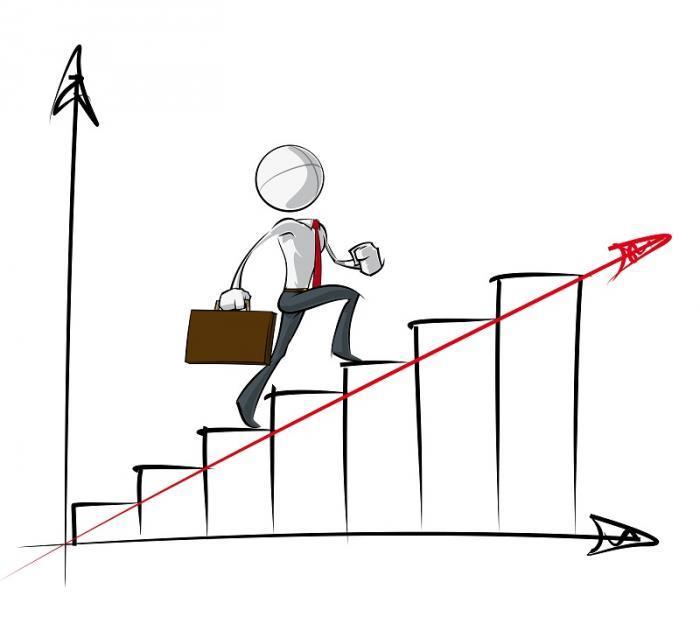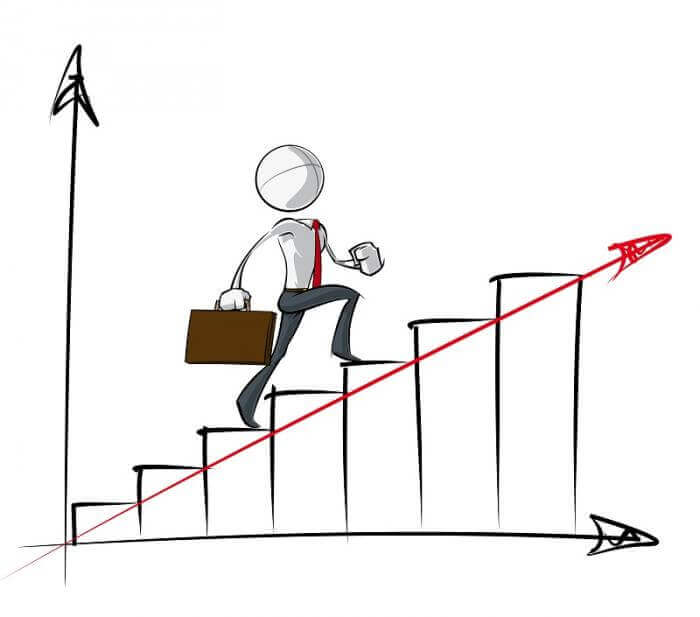
The eighth annual Private Equity and Venture Capital Compensation Report, released today by PrivateEquityCompensation.com, indicates compensation growth in the private equity and venture capital markets is supported by strong fund raising.
“This year many funds hit their fund raising targets, so we were curious to see how this would impact both base salary and bonuses,” said David Kochanek, Publisher of PrivateEquityCompensation.com. “What we found is that private equity professionals’ base pay grew but not as fast as in previous years.”
The alignment between fund performance and individual bonuses was not as close this year, reflecting some potential alterations in the drivers of incentive compensation. “Usually, we see a pretty close correlation between performance pay and bonuses. Although bonuses accounted for 37 percent of total cash compensation, the tie to fund performance was not as clear this year,” said Kochanek.
Similar to last year’s results, the growth in cash compensation has slowed. Despite an increase in the number of hours worked, the average private equity professional earned $279,000 USD in cash compensation this year, about a 3 percent increase over last year.
For the MBAs in the private equity industry, their degree still provides an edge in compensation, although the gap narrowed this year. Last year a professional with an MBA could expect a 19 percent advantage in total compensation, this year that has narrowed to only 12 percent. It remains, however, that those with a graduate business degree tend to carry an edge in landing the highest paying positions.
The private equity job market looks bright for 2015 and beyond as respondents indicated their firms have increased hiring intentions in the coming year. Firms looking for investment professionals jumped to 41 percent this year, up from 34 percent last year. The big winners this year in terms of employment opportunity growth were the Accountants and Controllers. Firms looking for accounting talent jumped to 25 percent this year from only 14 percent last year.
Over the years of publishing the Private Equity Compensation Report, one trend is clear; the stronger the cash compensation trend, the less investment professionals are satisfied with their compensation.
In this year’s survey, only 45 percent of respondents indicated that they were satisfied with their compensation. This is a significant decline from just two years ago. “A combination of longer work weeks, a strong job market, and steady compensation growth has professionals wondering if the grass might be greener at other firms,” said Kochanek.






